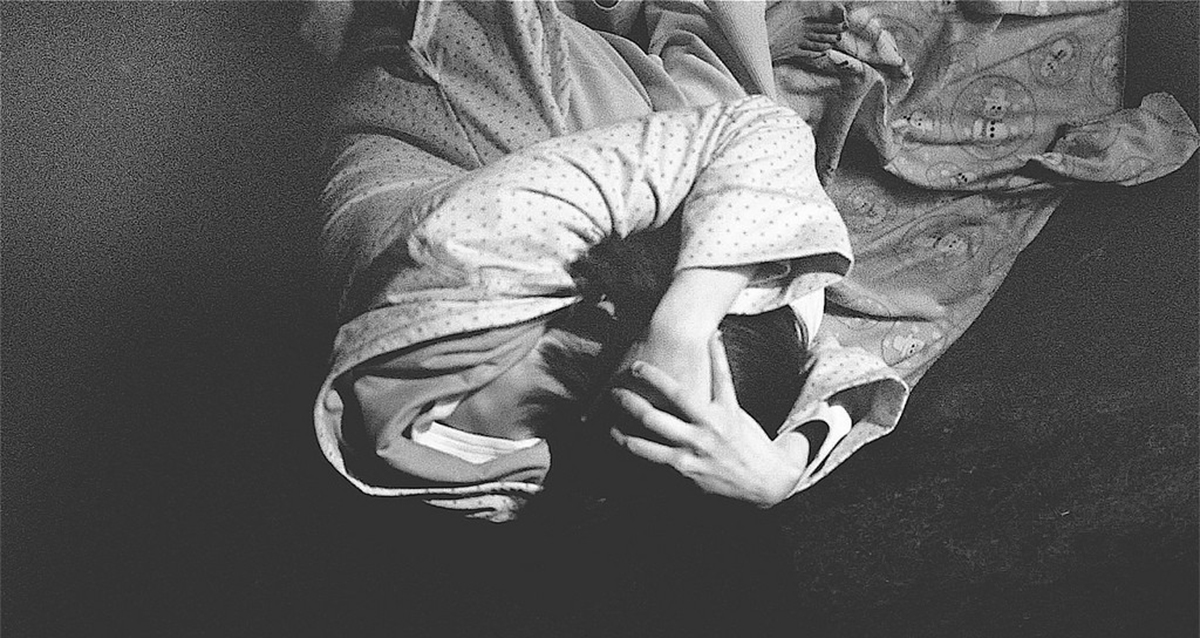Table of Contents
As you read, you will realize that there are many "sleeping habits" that are actually considered to be sleep disorders by researchers and doctors. If you kick during the night or have bad dreams constantly, you might be also suffering from a sleep problem.

Jet-lag, nightmares and boxing sessions while you sleep
The fifth group comprises sleep disorders related to disturbances in circadian rhythms.
As weird as this sounds, this problem is real and a very good example of it is the jet-lag. When you travel and change time zones, you face sleepiness during the day and lack of sleep during the night, because your circadian rhythms have not adapted yet to the new time zone.
Night walking, talking o screaming while being asleep or even having hallucinations are classified as parasomnias.
When we fall asleep, the autonomic central nervous system switches off, but sometimes it can get suddenly reactivated, resulting in these types of problems, which manifest as movements, perceptions, emotions and dreaming.
There are also sleep disorders related to movement disturbance.
Cramps and bruxism, which is when you clench your teeth while you sleep, are also considered in this category.
Other facts about sleep disorders
Many sleep disorders are related to other mental diseases, including mood disorders, anxiety disorders, personality disorders and schizophrenia, just to name a few.
There are other alternatives to treat sleep disorders. Meditation and yoga, for example, can help release stress and have a better sleep. Exercise in general and a balanced diet also promote a healthy sleep. And of course, having a good pillow and mattress can also make the difference.
If you believe you have a sleep disorder it is advisable for you to consult a specialist. Almost 80% of the population suffer from transient insomnia, but most of the times it goes untreated, affecting the life of the patient in every aspect and making him or her prone to develop other health problems.
- LEGER, D., POURSAIN, B., NEUBAUER, D. & UCHIYAMA, M. 2008. An international survey of sleeping problems in the general population. Curr Med Res Opin, 24, 307-17
- PAGEL, J. F. & PARNES, B. L. 2001. Medications for the Treatment of Sleep Disorders: An Overview. Prim Care Companion J Clin Psychiatry, 3, 118-125
- THORPY, M. J. 2012. Classification of sleep disorders. Neurotherapeutics, 9, 687-701.
- Photo by shutterstock.com
- Photo courtesy of Alyssa L. Miller by Flickr : www.flickr.com/photos/alyssafilmmaker/3250804881


Your thoughts on this